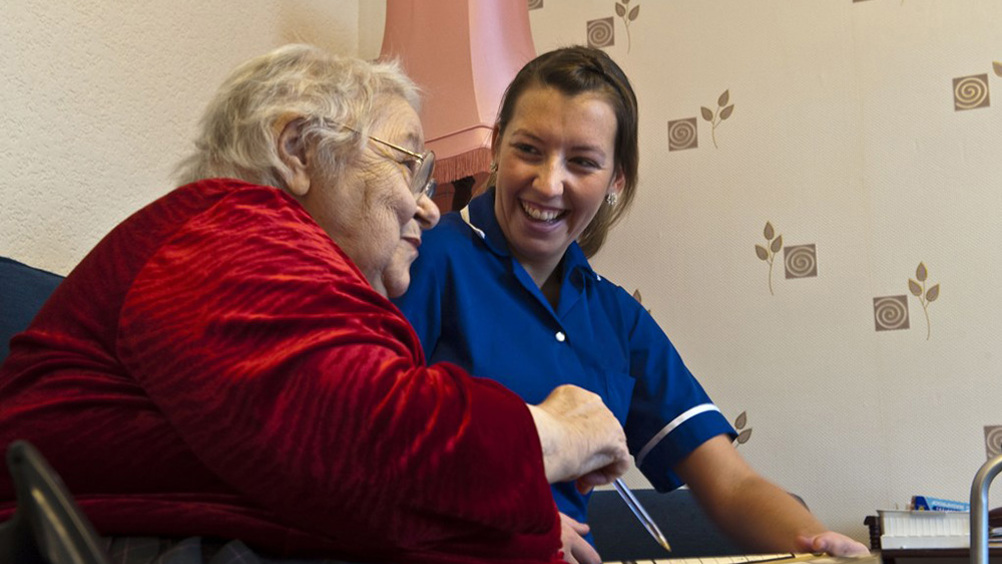First-ever 2-hour community crisis response service

Let me tell you a story about 78-year-old Edward, who was seen by a paramedic after falling at home. The paramedic referred him to the 2-hour community crisis response team with concerns about his mobility and a suspected chest infection. The team nurse visited within 2 hours. Bloods were taken, and a full holistic assessment completed. Edward was adamant that he did not want to go into hospital. The nurse diagnosed a chest infection, confirmed by the blood test results. She talked to a frailty consultant, and a course of antibiotics was started by the advanced nurse practitioner on the 2-hour crisis response team. She arranged for antibiotics to be collected from the pharmacy and delivered to Edward that evening.
The nurse visited Edward again the next morning and continued to monitor him for 3 days. He was then handed over to the district nursing for management of a skin tear that he sustained during his fall.
Register now to continue reading
Thank you for visiting Community Nursing and reading some of our peer-reviewed resources for district and community nurses. To read more, please register today. You’ll enjoy the following great benefits:
What's included
-
Limited access to clinical or professional articles
-
New content and clinical newsletter updates each month

